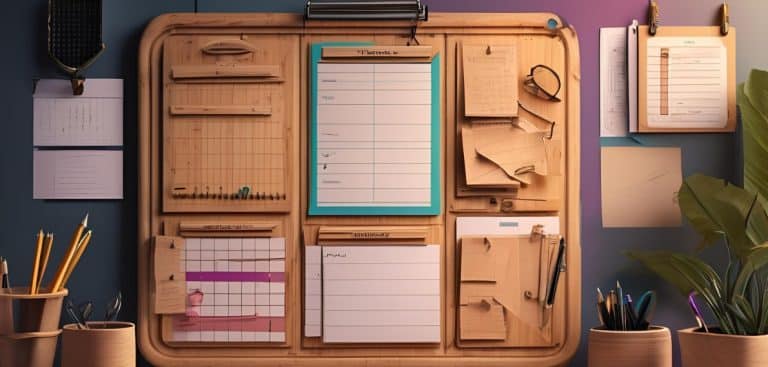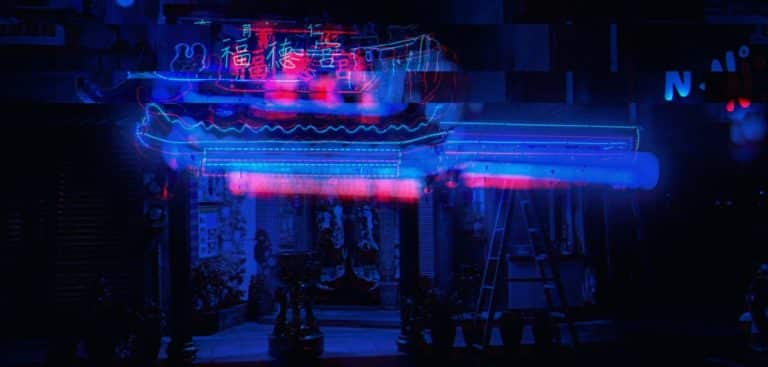Stage managers know that there are so many different aspects that come together to create a successful music event and stage technicians are a big part of that. From the rehearsal process to meeting your production schedule, running a stage is no easy job.
It gets difficult and frustrating when there are so many things to keep track of. But when you take the time to plan your next steps, things will be much more manageable.
Here are few things that you should keep in mind when planning your next stage.
1. Communicate With the Event Planners
One of the first steps on your stage manager checklist is communicating with the event planners.
Music event planners are in charge of managing every little detail when it comes to planning music events, so they’re the first people that you should get in contact with. They’ll inform you of the production process and what you need to run a stage efficiently.
Things such as the line-up, particular lighting, dates for production meetings and for when rehearsals begin, and important stage directions should be communicated between stage technicians and music event planners. You should get all the information you need before planning the logistics of the actual physical stage.
It’s also good to understand how many event tickets have been sold to gauge if the stage and the barricading around it is secure enough to capacitate the crowd. Back and forth with event planners helps ensure you are ready to host the crowd and pull off a successful event experience.
2. Assemble Your Team and Essentials
Assembling various teams for different tasks is a great way to attack different aspects about the stage. Like with the actual music event planning, there are different aspects of the stage that different teams should concentrate on.
To run a event or festival stage, there are many things to consider like lighting, sound mixing, production, etc. So it makes sense to create different teams for each aspect of the stage. A few important positions to think about are: sound design, sound mixer, production manager, lighting technician, technical director, producer, and operators.
On the day or night of the event, you want your crew to be involved with all important persons backstage. This could be your event’s costume designer, production staff, the behind-the-scenes shoot director, performers and actors. Coordinating between important event personnel will make all the difference to pulling off a successful music event.
While your team is very important for the smooth running of your stage, it’s equally important to have some essential items with you. Different types of tape – reflective, neon and masking tape come super handy when you have to mark positions onstage for different acts who might not use the same setup. Similarly, having area and personnel markers handy backstage will be essential to blocking access to certain areas during the event.
Other essentials that tend to come handy are cutters, scissors, cable ties, flashlights, markets, batteries, and a basic screwdriver kit. Maintain a personal bag backstage that you can access for this any time you may need it.
It may also be beneficial to schedule a paper tech with your crew and event production staff. A paper tech is a rehearsal without performers or sets present, enabling your crew to access and talk over all event details, from rehearsal and performance schedules, to wrapping up post the event.
3. Design a Physical Stage Plan
As a stage technician, you need to concentrate on all the different aspects of the physical stage and a great way to make sure you cover all grounds of the stage is to design a physical stage plan.
When you have a physical stage plan to work from, things are more organized and everything is recorded. A stage plan also helps direct other teams to the correct tasks to be done and it gets things done more efficiently.
Also Read: 7 Essential Steps That Go Behind The Perfect Event Stage
Where different instruments are set up, lighting positions, and the lineup of performers are just the few things that should be noted in a stage plan. Write down details about particular sections of your stage set up and keep your notes handy.
Discuss feasibility with your event planners and crew as you go to design your final physical stage plan. Ultimately, designing and setting up your physical stage will primarily help put together the event’s overall production calendar.
4. Ensure Stage Technology Runs Smoothly
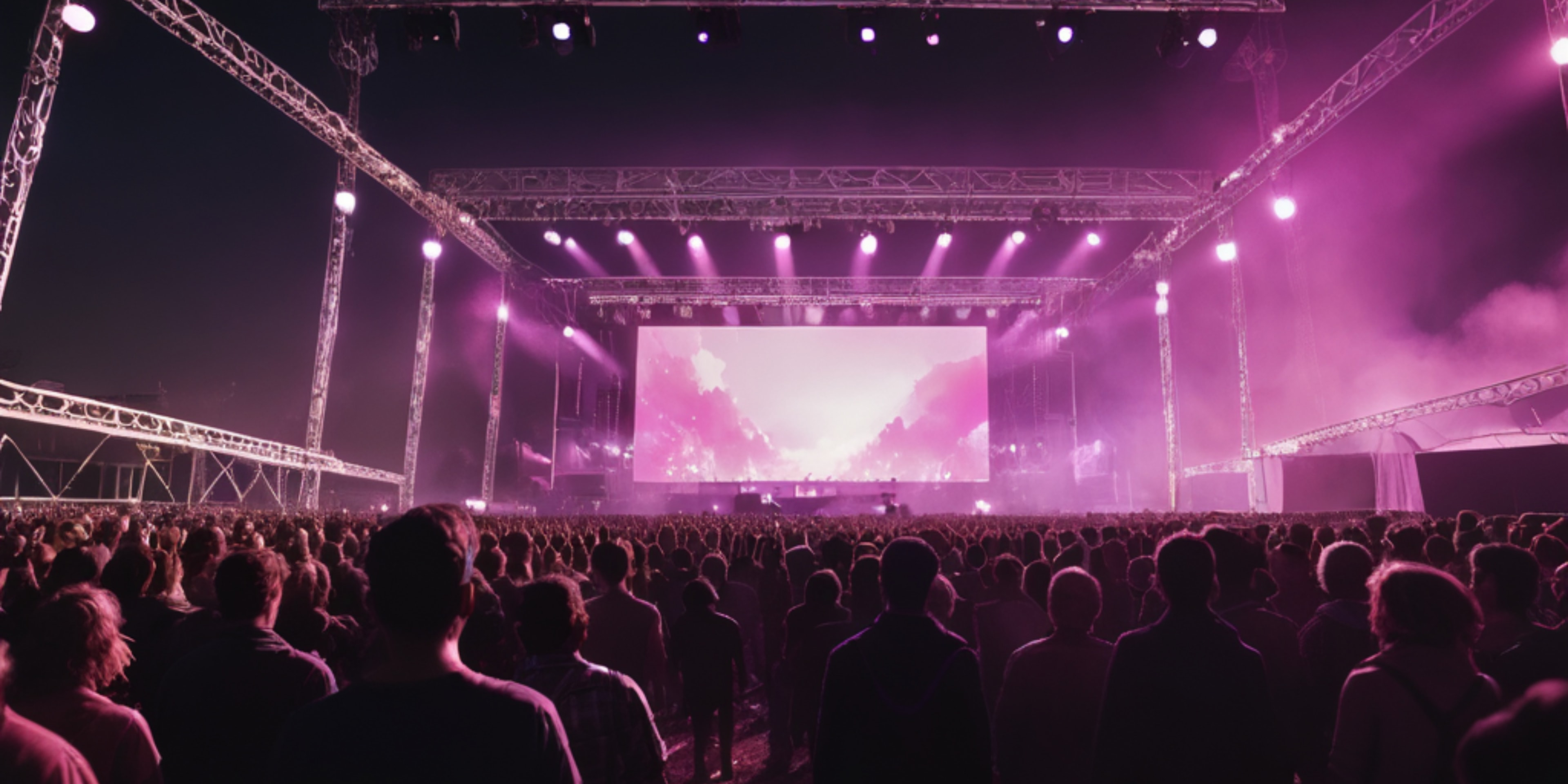
Making sure that stage technology runs smoothly is one of the most important things that you should cover as a stage technician.
Everything at the venue from the sound mixing to the lighting cues should be double-checked! Technology is one of the biggest parts of a successful stage so make sure that you pay attention to how things are running.
Test it out often and keep a record on how things are running. Coordinate with the venue’s house manager as well as relevant technical staff well before the week leading up to your event. It’s useful to keep a note of everything that you do so you can always reference back to it.
Knowing when technical rehearsals are due will help you create a realistic schedule for setting up the event stage. Aim to have your stage and technology ready before the first rehearsal begins.
5. Tend to Productions Backstage
As essential as what takes place on your event stage is ensuring productions backstage run smoothly. Having already taken a detailed look at both set up and staff behind the scenes during your stage design process, the next step is making sure all crew and performers are on schedule and well equipped to perform their tasks.
If lighting at the event is technically demanding, the event may benefit from having a lighting designer available backstage.
Also Read: The Backstage Essentials At Every Successful Festival
Keep track about what is happening backstage, how it is set-up, and appoint a team to cover what is going on backstage. The artists will be running around backstage and if the music event or festival has multiple artists performing, it’s important to keep track of what is happening backstage so things don’t get mixed up.
6. Prepare for Stage Changeovers
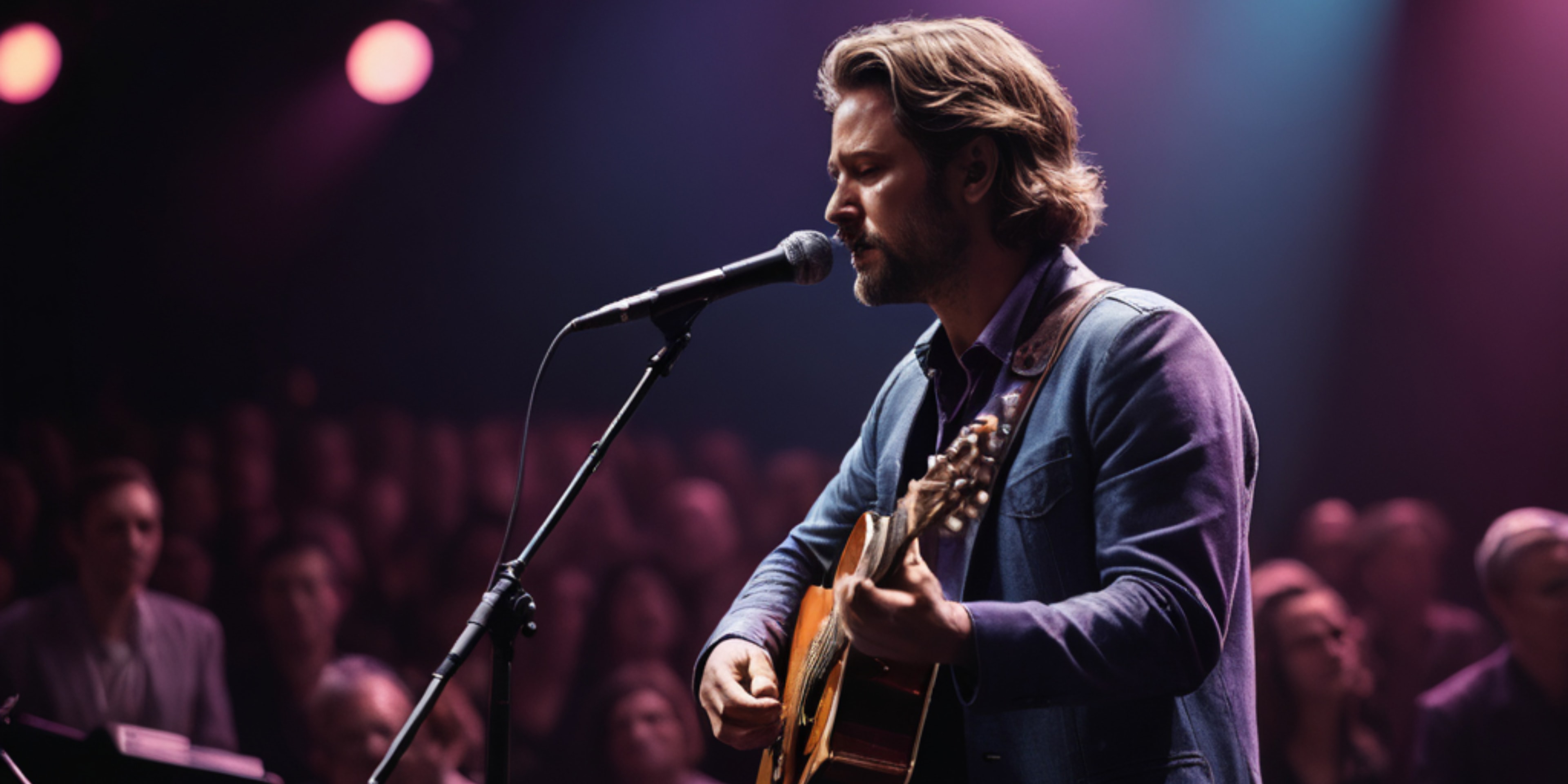
On the production side of managing multiple performing artists, you want to prepare for stage changeovers when you have a lineup.
Appoint a team to take care of this and have them concentrate on this specifically. You could do this by assigning tasks to your staff by creating a custom calendar well before the event with dates and notes on important production details with regards to each performance. Utilize the array of tools at your disposal online such as spreadsheets and shared checklists to write down and maintain a record of all actionable items for each changeover.
Also Read: The Do’s and Don’ts Of A Smooth Artist Meet-And-Greet
Having a team to take care of changeovers reduces confusion around the different artists coming in and going out. Think about how to smoothly change instruments, whole layouts of the stage, and different lighting if necessary to accommodate what is going on.
At big events or music festivals, different big bill artists will have gear they use exclusively, and for smooth changeovers, these are mounted and set up on different sets of moving risers at the venue. Make sure to note down and plot out the movement of these risers according to the show flow at the earliest so you’re prepared for quick and smooth changeovers.
7. Pay Attention to The Rehearsal Process and Consider Maintaining a Rehearsal Report
Rehearsals are a great way to take a closer look at how things are running on the actual stage. You can pay attention to the sounding, mixing, lighting, and how transitions are done.
Take notes on what needs to be fixed and if any last-minute changes are ordered. You never know what is needed until you see how the actual stage is running, and rehearsals are a great way to see this before the actual day of the event.
8. Create a ‘Day-Of-The-Event’ Checklist
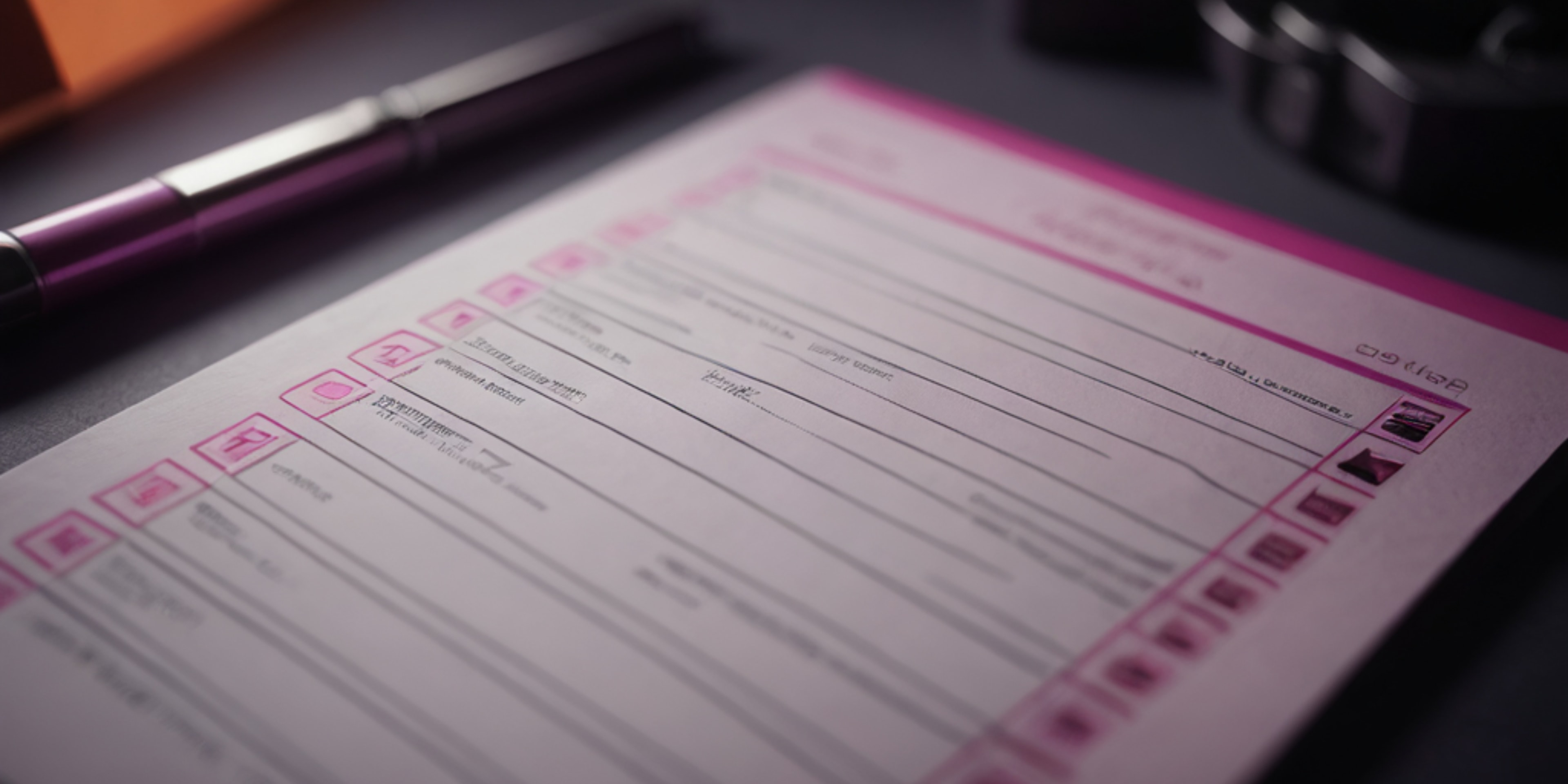
On the day or night of the event, checklists will be your best friend. Creating a ‘day-of-the-event’ checklist will ensure nothing goes astray on the actual day of the event.
Keeping to task is a great way to reduce confusion and make sure everything is running smoothly. A checklist helps to make sure that happens.
Also Read: Don’t Throw Your Music Event Without Checking This Ultimate Music Event Checklist
9. Go over the Game Plan With Your Teams
Prepare your teams well so all grounds are covered. Have multiple meetings scheduled before the day of the event and go over the major game plan with your various teams so they know what is going on.
It’s good to consistently inform everyone as event details are changed and updated to ensure that things run smoothly on the day of the event.
10. Keep a Steady Stream of Communication
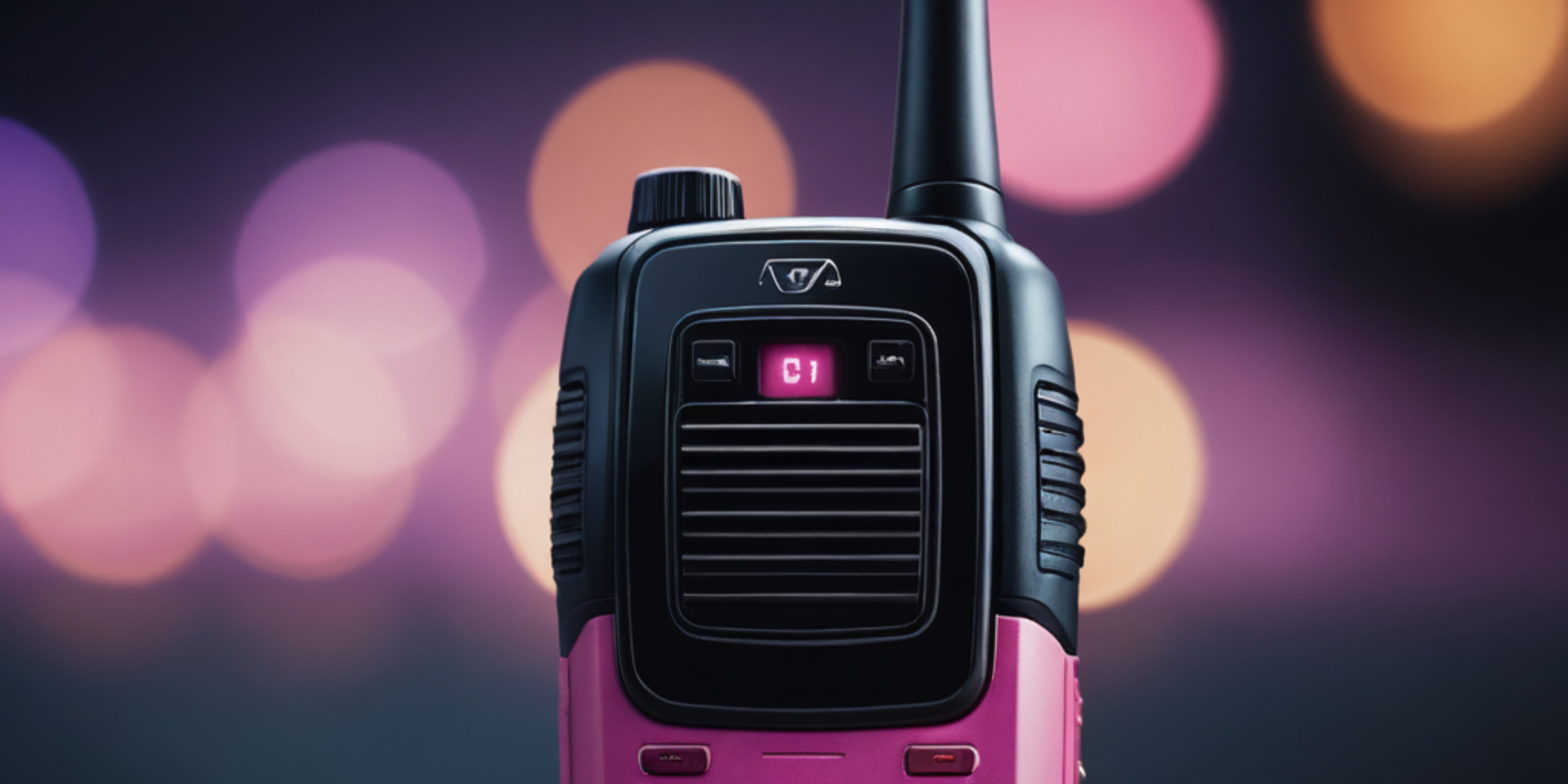
Lastly, always keep streams of communication active with your teams. Good and strong communication ensures a good work flow and keeps staff in the loop in real-time.
Walkie-talkies, for example, are great tools to use to communicate with your teams on the day of the live event. You are able to keep track of what is going on and quickly communicate with a member of your teams in case any issues were to happen. Using a ticketing platform such as Ticket Fairy, keeping track of your teams and staff live becomes a seamless process. Consider opting for access to the event’s ticketing platform to maintain any real time data during the event.
Also Read: How Live Chats And Communication Are Creating Transformative and Unforgettable Live Experiences
You could also have a showrunner backstage. As stage manager, use clear-com systems to coordinate with the main showrunner front of house, stationed at the sound console. This will ensure your show runs without any chaos or confusion.
With these few steps, you will able to pull off a smooth and impressive stage that will create a great music experience for eventgoers. As stage technicians, your job is important and fundamental to the structure of music events and festivals and managing the stage is no easy job. But when you break things down and follow these few steps, you will be off to a strong beginning.
Have you reached this article because you are gathering resources to plan an event? Set up your event ticketing page with Ticket Fairy today.
You May Also Like:
5 Technological Innovations That Will Create A Better Experience At Your Event
Why Event Organizers Need To Be Aware Of The Best Innovations In Live Sound

